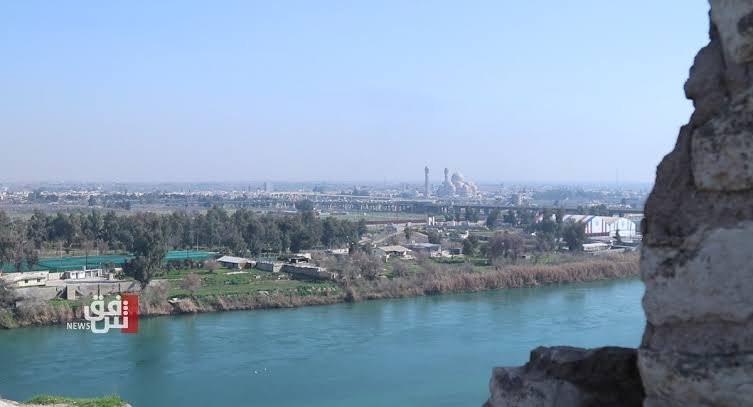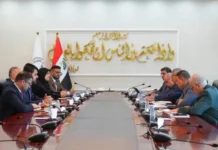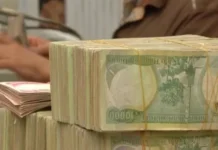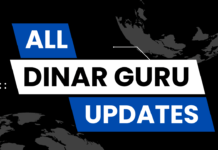
On Friday, the Al-Rasd Center for Political and Strategic Studies predicted that the political landscape of Nineveh Province is unlikely to experience significant changes based on current data, unless there are sudden and unexpected shifts within the political arena.
According to the director of the center, Mohammed Ghasoub Younis, Nineveh Province has 29 seats, with 3 reserved quotas. This means that any list formed in Nineveh would have at least 52 candidates. He shared this information with Shafaq News Agency.
According to Younis, Nineveh Province no longer has political protection since its liberation in 2017. As of now, the political blocs that control and dominate the province’s political, economic, social, and administrative aspects are not willing to let go of their hold in the upcoming elections.
The center reports that various groups, particularly major parties and political blocs from outside Nineveh, have entered with multiple lists. These are referred to as “seasonal parties” as they only appear during elections and disappear afterwards. These parties have started setting up bases in the region and are enticing citizens with monetary incentives.
Regarding this issue, Younis brought attention to the fact that prominent parties in Nineveh province have formed hidden parties under varying names. Some of these parties aim to weaken votes while others intend to deceive citizens. Additionally, certain political groups possess armed supporters who are obligated to only vote for their candidates, as was observed in 2021.
The head of the Observatory has made predictions about the potential election results in Nineveh. It is believed that the Kurdistan Democratic Party list may secure 6 to 7 seats, while the list of Nineveh Governor Najm al-Jubouri and Ahmad al-Jubouri could come in second place. The “Decision for the Nation” list, led by Osama al-Nujaifi and Thabet al-Abbasi, may secure the third position. The “Pride” list will also be competing for the fourth position, alongside other lists such as Al-Azm.
In his conclusion, Younis stated that unless there is a significant change in citizen engagement, particularly among the residents of Mosul, the political landscape of Nineveh is unlikely to undergo any major transformations. However, it is anticipated that the tribes and clans residing on the outskirts will actively participate in the voting process to support their respective candidates.
It was previously decided by the Cabinet that the provincial council elections would take place on December 18, marking over a decade since the last round. Anticipated to take part in the upcoming elections are over 270 parties competing in 15 provinces, excluding the Kurdistan Region.
The provincial councils that are elected have the responsibility of selecting governors and executive officials for their respective provinces. These officials have the power of dismissing, appointing, and approving project plans based on the budget allocated by the central government in Baghdad, in compliance with the Iraqi Constitution, which has been in effect since 2005.




